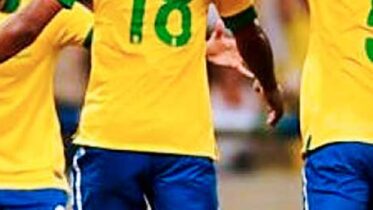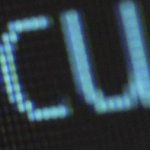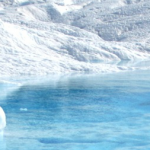Trademarks in Brazil
- 10 July 2018
- New legislation
A new perspective in the analysis of evidence in the non-use cancellation procedure for trademarks in Brazil: Technical Note nº 01/2018
The technical note refers to interpretation of Article 143 of the Industrial Property Law, which disciplines cancellation of a trademark registration on non-use grounds. However, the most surprising update is the exclusion of a hitherto basilar requirement in the examination of evidence, namely: effective use of trademark. This is because, unlike the previous editions of the BPTO’ s Trademark Guidelines, which expressly prohibited sporadic or symbolic use of the trademark by its owner, Technical Note No. 01/2018 now provides that “Any evidence during the five years of the investigation period that demonstrates the use of the trademark will overcome cancellation of the registration, regardless of the amount of evidence presented.”
Following the opinion of respectful Brazilian writers of Intellectual Property Law, the use of a trademark must be effective, serious and continuous, it must be able to make feasible and / or contribute to the creation of a goodwill. Thus, it is a continuous operation whose volume of production is economically significant for the parameters of a particular industry.
It seems, therefore, that Technical Note No. 01/2018 came to make it more flexible and more expeditious the examination of petitions with evidence of trademark use; however, it can increase the number of lawsuits before the Federal Court about the validity and effectiveness of the evidence of use submitted that overcame the cancellation on non-use grounds.
Therefore, despite the current flexibilization regarding the amount of evidence for proving trademark use in Brazil, it is recommended that trademark owners should be concerned with the regular use of their trademarks, without significant changes in the presentation of the sign, so as to avoid possible issues raised by third parties.
And what would be reasonable to characterize the effective use of a trademark? As in almost everything in the analysis of Law: it depends. Traditionally, it is expected that the amount of evidence is directly related to the nature of the products and services to which the trademark is intended to be used, including the standard market practice, as companies set their production plan in response to consumers demand for a particular product or service. For example, the owner of a registered trademark for cargo ships is not expected to prove the same volume of sales as another trademark that identifies popular cars, even though both vehicles (ships and cars) belong to the same class in the International Trademark Classification of Goods and Services.
Another factor that may influence the analysis of proof of use is the financial contribution of the trademark owner. For example, microenterprises (employ fewer than 10 people) is not expected to have the same gross annual revenue of larges enterprises. It is unreasonable to expect that these companies will have the same productive capacity. Thus, although theoretically they may compete in the clothing industry (international class 25), a small company may produce a reduced amount of invoices related to its trademark in a 5-year period; on the other hand, the trademark owner of a large company would not be able to maintain its business with the occasional sale of its products in the same 5-year period. Consequently, it is acceptable that the amount of evidence of trademark use submitted to the BPTO by a small company to be much more reduced than the amount of evidence produced by a large company.
The path to be taken by the BPTO to reduce the backlog in the non-use procedure cases and to comply with the Brazilian constitutional right to prosecution within a reasonable time is arduous. Technical Note nº 01/2018 in a certain sense ends up functioning as a shortcut to hasten the analysis of the cases, but on the other hand this shortcut may cause certain legal uncertainty that, in our opinion, may overflow the Federal Court with trademarks disputes.








